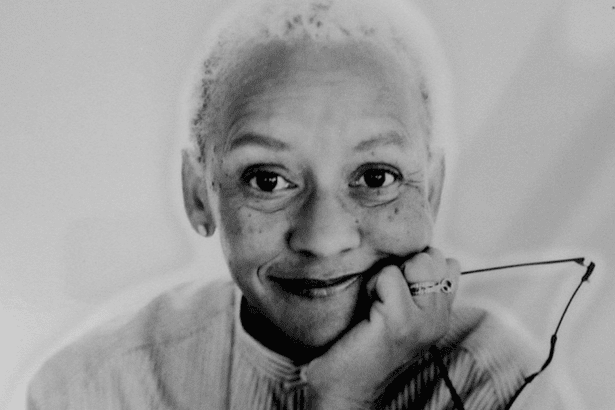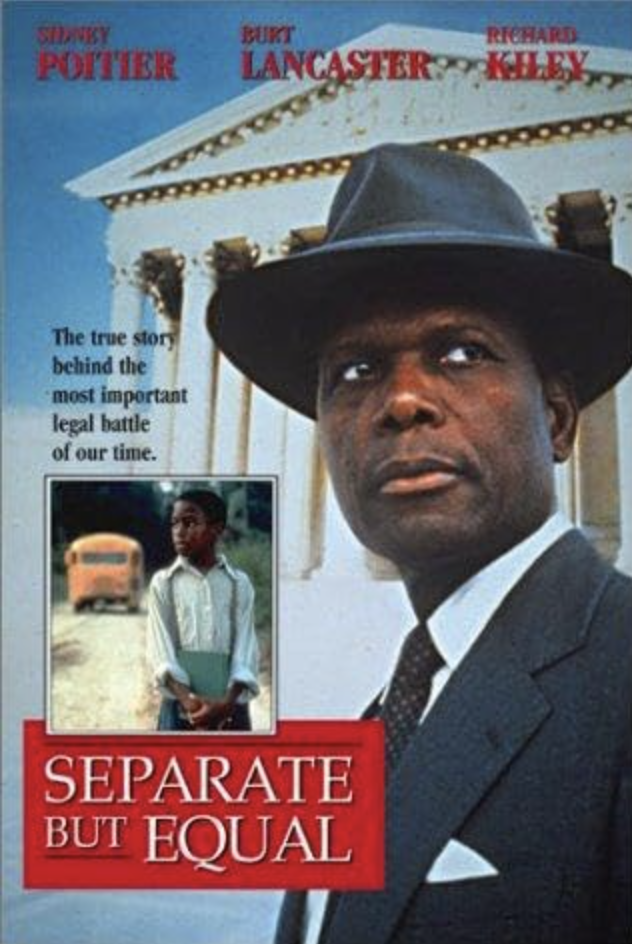In the rich tapestry of Hollywood’s history, few names shine as brightly as Sidney Poitier’s. His presence on screen wasn’t just about acting; it was a seismic shift in representation and equality. Paramount Home Entertainment’s re-release of Separate But Equal, is a perfect time to reflect on Poitier’s legacy and his parallel journey to civil rights titan Thurgood Marshall.
Born in Miami and raised in the Bahamas, Sidney Poitier faced a journey filled with obstacles on his path to stardom. Yet, like Marshall’s tireless pursuit of justice in the courtroom, Poitier’s ascent in Hollywood was marked by perseverance and resilience.
Separate But Equal, originally released in 1991, chronicles the case of Brown v. Board of Education, which challenged the doctrine of “separate but equal” and paved the way for school desegregation. Poitier’s portrayal of Thurgood Marshall was more than a role; it was a homage to the man who blazed a trail for equality.
The parallels between Poitier’s journey in film and Marshall’s fight for civil rights are striking. Both faced formidable odds, entrenched prejudices, and systemic barriers. Yet, through their determination and commitment to justice, they reshaped the narrative of race in America.
Poitier’s breakthrough came at a time when Hollywood was rife with stereotypes and limited opportunities for black actors. He refused to be restricted to certain portrayals and challenged conventions with each performance, demanding to be seen as a multifaceted individual.
Similarly, Thurgood Marshall’s legal battles weren’t just about winning cases; they challenged systemic racism to its core. From Brown v. Board of Education to his historic appointment as the first African American Supreme Court Justice, Marshall’s legacy is a testament to the power of the law to effect social change.
As Separate But Equal returns to the screen, it serves as a reminder of the battles fought and the progress made in the pursuit of equality. Poitier’s performance as Marshall is not just a tribute; it’s a celebration of resilience, courage, and the human spirit.
In today’s world, where injustice still exists, Poitier’s legacy reminds us that the fight for equality is ongoing. As we revisit Separate But Equal let’s honor Marshall and celebrate Poitier’s enduring contribution to the struggle for civil rights.
In the end, it’s not just about a movie—it’s about a movement. Sidney Poitier used his art to change hearts and minds, and his legacy continues to inspire us today.




